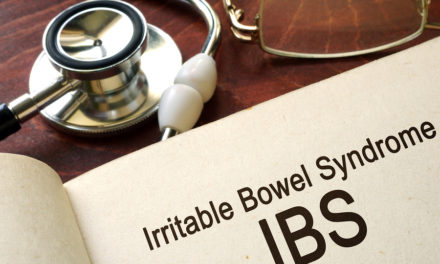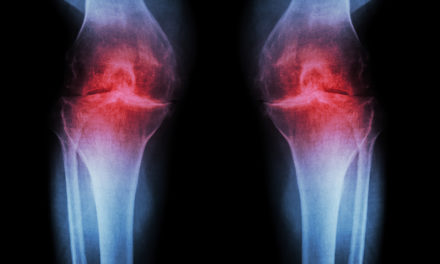A small study appearing in the International Journal of Neuroscience (1991;61:87-90) showed a possible link between schizophrenia and magnesium deficiency. Magnesium is an important cofactor for the synthesis of GABA, serotonin and melotonin. It is also important for reactions involving B vitamins and ATP. Deficiency in magnesium can affect neurotransmitter function, and can create depression, anxiety, confusion and disorientation. Low magnesium has been linked to psychotic behavior.
In schizophrenic patients, treated with drugs, magnesium levels tend to be low. In this study, the serum magnesium was measured in 20 institutionalized schizophrenic patients. The patients were receiving neuroleptic treatment, with six of the patients additionally receiving lithium carbonate. Of the group, 25% had low serum magnesium levels. Taking oral magnesium supplementation (600 mg per day of a combination of magnesium chloride and an amino acid chelate of magnesium) did not normalize serum magnesium in three of the four patients supplemented. In one patient the levels did normalize and that patient had a reduction in psychotic symptoms. The authors of the study believe that in some schizophrenic patients magnesium deficiency contributes to their non-responsiveness to drugs causing them to need to be institutionalized. Since the oral therapy did not normalize levels in most of the subjects, the authors believe that poor absorption of magnesium may be part of the problem.






